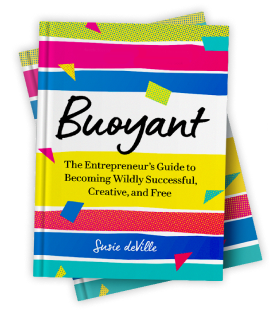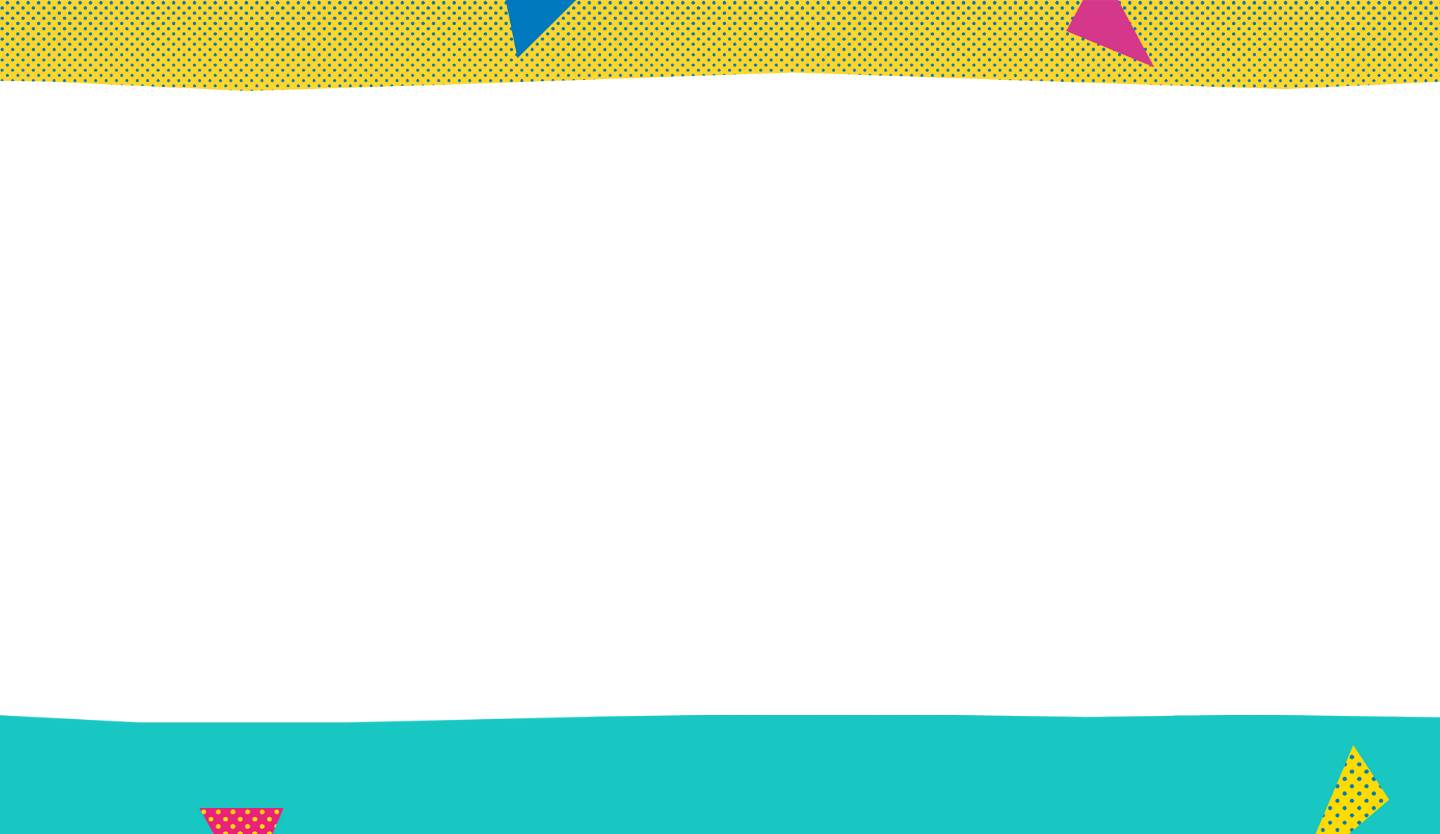As entrepreneurs and creators, we are all familiar with the experience of being stuck—unable to access our creativity. The fear of being judged keeps us from our creativity by keeping us from vulnerable truth-telling. Next time you feel stuck in this way, try using these 2 truth-telling questions to reconnect to your creative center and unbury your big idea.
Big ideas we tend to like are the ones that seem impossible or crazy.
Bill Maris
I am about to press Send on an application for a spot to speak at a TEDx event this summer.
I began working on my pitch a couple of weeks ago while traveling in Europe. While seated outside at a café, I’d bring out my trusty journal and favorite fountain pen and begin scrawling notes.
I had lots of idea tendrils in the form of mind maps and bulleted lists. On the flight from Paris to Atlanta on Wednesday, I began knitting concepts together in an attempt to form a cohesive and compelling big idea.
While I made fairly decent progress between hours one and three on the flight, I could not escape the disconcerting sense that I was missing the mark. The synopsis of my talk had to be at once clear, cogent, and intriguing.
I leaned back in my seat and closed my eyes. I let my mind wander for a while before I dozed off.
Somewhere over the Labrador Sea, it hit me: I was oddly trying to avoid being judged. And in my attempt to protect myself from this vulnerability, the river of ideas within me was dammed up as truth-telling evaded me.
I wrote about this very phenomenon in my book, BUOYANT:
2 Questions to Ask Yourself to Start Truth-Telling
“All entrepreneurs and creators have known the pain and frustration of being stuck—unable to find the right words, the flowing zone of ease—when attempting to get what is in their heads onto paper in a clear and compelling way.
Austin Kleon, who describes himself as a writer who draws, has a simple way to combat such trudges through the quicksand. When he gets stuck on a writing project, he will stop and ask himself one powerful question: What did you really want to say?
Ever since I came across this golden nugget, I have wielded it against some of my thorniest writing challenges. I have been relieved to discover that pausing to ask myself this question helps chisel out the substance of what it is I want to convey, the way Michelangelo liberated figures from marble.
But what if the words we are laying down are hollow? Incomplete? Not clear enough? And worst of all, what if what we are writing is not totally honest?
We do it all the time. Little shavings off the truth here and there. Choosing to stop ourselves from writing that, saying this, or going there. Keeping our words safe, more flattering to ourselves. Opting out of vulnerability and visibility, embracing instead a well-padded, beige, boring sameness so we don’t stand apart or risk being viewed negatively.
I was incredibly struck by how writer, director, and producer Brian Koppelman presented himself during an interview on the Tim Ferriss Show. Throughout the entire conversation, Brian took great care to be very clear that he wanted no daylight between his private and public selves.
Every time he felt he was edging out of total integrity and truth-telling, he’d stop himself and correct the record, even when what he was pointing out was not particularly flattering. Over and over and over, he revealed deeply personal aspects of his life, how he now chooses to approach the conversations he has with others, and how he presents himself to the world.
With every truth, every reveal, I was drawn in deeper and deeper into the layers of meaning. I was riveted, inspired, and energized, not only by the content of their discussion but also so by how Brian made sure that each one of his words reflected a profound honesty.
Now when I get to critical points in my writing, I’ll stop and ask myself two questions:
- What did you really want to say?
- Is it honest?

I’ll dig to reveal where I am holding myself back. Where I have a gap of any size between my private and public selves. Where I’m holding my reader at bay while I hide behind a fabrication, large or small. I bring my inner Brian Koppelman to the page, along with my courage to write the things that scare me most in sharing.
Our readers, listeners, and ideal clients can intuit when we are faking it instead of telling the truth, digging down to the marrow and sharing it all—the good, bad, embarrassing, and ugly.
Our courage breaks open something in the reader and us. It connects us to more genuine living and being. The transformative power of truth-telling lifts others and stirs them awakes. When we stop holding ourselves back, we model the dual powers of possibility and authenticity.
We link arms with our readers and clients, landing together on the space on the game board labeled freedom and genuine, inspiring connection.”
Take a moment and assess your current state. Do you feel light, focused, and clear? Or do you feel leaden, distracted, and scared?
Facing the Fear of Judgment: Truth-Telling to Access Your Big Idea
In your effort to create something, achieve a goal, and/or make progress on articulating a big idea, are you stuck? Do you find yourself procrastinating sitting down and doing the work?
If so, check to see if you may be harboring a fear of the knives of judgment. Search for where you are holding back from truth-telling, wary of revealing what’s vulnerable.
The power of vulnerable truth-telling lies in its ability to unlock our true potential, igniting creativity, fostering resilience, and fueling meaningful progress. Truth-telling leads us to discover and articulate our best work and make a lasting impact on the world.










